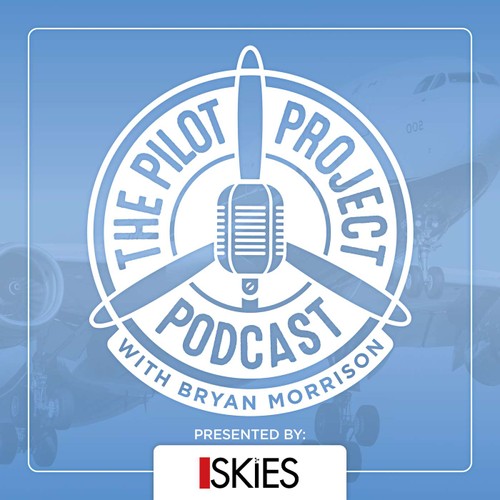
 The Pilot Project Podcast
The Pilot Project Podcast Episode 35: The Selection: The Canadian Forces Aircrew Selection Test Part 2 - Dave
Oct 22, 2024
Dave Chamberlin, former CO of the Canadian Forces Aircrew Selection Centre, shares fascinating insights into the rigorous aircrew selection process. He emphasizes the importance of aligning personal goals with career choices in the military. The discussion covers the cognitive challenges candidates face and the implications of non-disclosure agreements. Dave also highlights the varied experiences of RCAF pilots and stresses the significance of continuous learning and teamwork in aviation roles. His stories reveal the camaraderie and rewarding moments of working at the selection center.
Chapters
Transcript
Episode notes
1 2 3 4 5 6 7 8
Intro
00:00 • 3min
Navigating Career Selection in the Canadian Forces
03:07 • 15min
Navigating Aircrew Selection: The Cognitive Challenge
17:43 • 7min
The Role of NDAs in Aircrew Selection
24:14 • 5min
Understanding RCAF Pilot Flight Frequencies and Mission Types
29:30 • 3min
Navigating Pilot Training Logistics
32:16 • 5min
Reflections on Work Life: Experiences at the Selection Center and Ground Tours
37:37 • 5min
The Ongoing Journey of Aviation Education
42:17 • 8min
